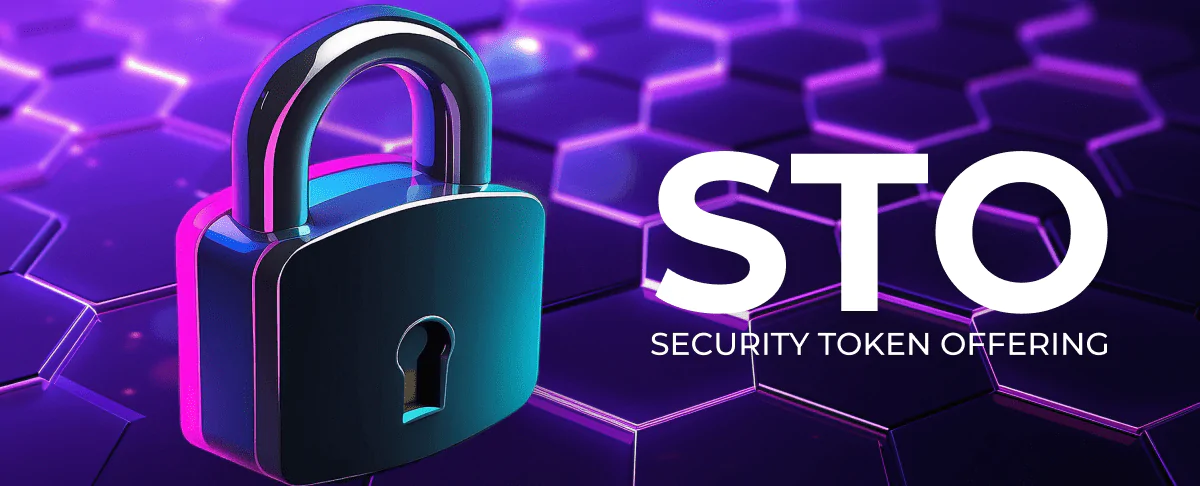Greece has made significant efforts to adopt a tax policy on crypto assets as the use of cryptocurrencies grows globally. In January 2025, the Greek government introduced new tax regulations for cryptocurrency transactions.
13.06.2024

In recent years, the cryptocurrency and blockchain industries have witnessed rapid evolution, with security tokens emerging as a focal point of discussion. These digital assets, which denote ownership or involvement in financial instruments, captivate the interest of both investors and enterprises. Consequently, Security Token Offering (STO) has garnered escalating popularity as a method of fundraising. However, alongside the burgeoning enthusiasm for STOs, queries emerge regarding their execution, regulatory adherence, and the platforms facilitating them. This article delves into the advantages of security tokens, their regulatory landscape, and the procedural aspects of execution via Security Token Offering platforms.
Understanding Security Tokens and STO
Security tokens are digital assets underpinned by blockchain technology, symbolizing ownership or participation in financial instruments such as stocks, bonds, or real estate. Unlike utility tokens, they possess inherent value and furnish holders with privileges akin to those conferred by traditional financial instruments.
STO entails the issuance and sale of security tokens to raise capital. Analogous to an Initial Coin Offering (ICO), albeit subject to securities regulations, STO typically affords investors entitlements to profits or involvement in the issuing entity.
Platforms facilitating Security Token Offering equip entities with tools for token issuance, registration, and circulation. They empower companies to administer the issuance and management of these digital assets, ensuring adherence to regulatory stipulations and safeguarding investor interests.
Key Phases of STO Execution:
- Strategic Planning: Defining STO objectives, selecting an implementation platform, devising a business plan, and structuring tokens, while mindful of regulatory prerequisites.
- Legal Preparation: Formulating requisite legal documentation, encompassing issuance prospectuses, token purchase agreements, regulatory compliance frameworks, and security protocols.
- Marketing and Investor Engagement: Crafting a marketing strategy to attract potential investors, incorporating advertising campaigns, participation in industry conferences, and other promotional activities.
- Investor Registration and Verification: Establishing protocols for investor registration and authentication to ensure compliance with information integrity standards and legislative mandates.
- Pre-Sale Phase (if applicable): Conducting token sales with preliminary discounts or incentives for early adopters, bolstering investor engagement and securing early-stage capital.
- Primary STO Round: Executing a public token offering (ITO), wherein investors can acquire tokens at predefined prices, typically facilitated through a Security Token Offering platform.
- Post-Sale Support and Reporting: Furnishing timely information dissemination and investor assistance post-STO conclusion, encompassing financial disclosures, adherence to information exchange requisites, and ongoing investor engagement initiatives.
Varieties of STO
- Equity-based STO: Involves issuing security tokens granting ownership rights in a company or its profits, akin to stocks, purchasable by investors at a fixed price.
- Derivative STO: Entails issuing security tokens mirroring specific asset prices like commodities, currencies, or stock indices, purchasable for market speculation.
- Real Estate STO: Entails issuing security tokens representing ownership or rights to real estate, enabling investment in property using cryptocurrency.
- Income-generating STO: Involves issuing security tokens conferring income from a company's financial assets, such as interest or dividends, to owners.
- Hybrid STO: Integrates aspects of the aforementioned types, offering diverse blends of ownership, income, and derivatives, fostering unique investment avenues for clients.
Advantages of Security Tokens
- Global Reach: Security tokens facilitate diverse asset investments via cryptocurrency, broadening investment vistas.
- Transparency and Safety: Blockchain technology assures transaction security and data transparency, curbing fraudulent risks.
- Marketability: Trading on cryptocurrency exchanges ensures robust asset liquidity, enhancing marketability.
- Operational Efficiency and Cost-Efficiency: STO streamlines securities issuance, curbing costs, and fostering efficient asset management.
- Capital Access: Security tokens allure investors worldwide, ensuring capital access for entities of all scales.
- Compliance: Adherence to regulatory norms bolsters investor trust, safeguarding their interests.
Why Security Tokens are Needed?
Security tokens provide access to various assets through cryptocurrency, increasing liquidity, ensuring security, and transparency of transactions. STO simplifies the issuance process and allows companies to raise capital globally while complying with regulatory standards.
Conclusion
Security tokens and STO open up new investment opportunities, providing access to various assets through cryptocurrency. This contributes to increased market liquidity, ensures the security and transparency of transactions, and simplifies the capital raising process for companies. Security Token Offering platforms play a crucial role in ensuring the effective implementation of projects and compliance with regulatory standards.




